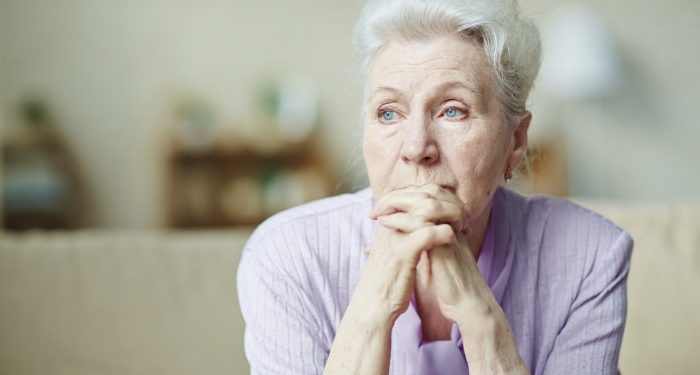Half of women are saving adequately for their retirement, but the gender gap is widening as vulnerable self-employed and divorced women fall behind, according to research from Scottish Widows.
The research found 52 per cent of women are now saving adequately for their retirement compared to 60 per cent of men but the gap has widened from 50 and 55 per cent respectively in 2014.
Just 36 per cent of self-employed women and 42 per cent of divorced women are saving adequately.
Women are also more pessimistic about their retirement plans, with 57 per cent concerned they are not preparing adequately for retirement, compared with 41 per cent of men.
The report has found that shifting patterns in employment among women appear to be impacting their ability to save for retirement. Close to 1.5 million women in the UK are now self-employed, a 22 per cent increase in four years. Just 36 per cent of self-employed women are saving adequately for retirement, compared with 47 per cent of self-employed men and 58 per cent of employed women.
Twice as many women as men – 6 per cent versus 3 per cent – are working at least two jobs, yet still failing to qualify for automatic enrolment as the amount they earn from each is below the £10,000 threshold
Divorced women have a bleak outlook on their financial futures, with 70 per cent thinking it is unlikely that they will be able to save more in the next 12 months than they do now – compared with an average of 60 per cent of women overall.
Younger women are the least optimistic about their retirement, with only 18 per cent of women aged 18-29 feeling positive, compared with 25 per cent of men in the same age group. The findings suggest that a lack of understanding of retirement planning is to blame – 33 per cent of 18-21 year old women claim that they would be encouraged to start saving if they had better access to information on pensions or retirement planning, while 42 per cent of women aged 22-29 would be encouraged if they could see the value of their pension alongside their other savings, either online or via an app.
Automatic enrolment could be a particularly effective for young female savers with 33 per cent of 22-29 year olds saying it would encourage them to start paying into a pension, compared to 29 per cent of men, the research found.
Scottish Widows retirement expert Jackie Leiper says: “It is encouraging to see that over half of women are making sufficient savings towards their retirement, but a growing savings gap persists in the UK. It’s vital that we address this to ensure women feel reassured about their finances and prepared for retirement, whether they are self-employed, work for a large employer, are divorced, married or single.
“More also needs to be done to make certain that automatic enrolment does not marginalise female savers who may not qualify for the threshold. And this means we need to engage innovatively with female millennial savers, who are just beginning to put money aside for their retirement. Our research shows they are crying out for information, and learning good savings habits now will help ensure they are better prepared for later life. Providers, employers and the government alike must also explore further initiatives to help women of all ages save in other ways if they don’t qualify for a workplace pension.”
Sanlam head of employee benefits Elliott Silk says: “The gender pay gap extends to pension savings, with women lagging behind men in their preparations for retirement. Our own research suggests that not only are women behind on their retirement savings, they are also less engaged with their pension pots compared to men. Over 51 per cent of women admitted they did not know how much money was in their pension pot, compared with 32 per cent of men. Even more worrying is the fact that over half of women over 60 said they have not started to consider a financial plan.
“This lack of knowledge and a failure to prepare is a concerning trend. In addition to women tending to live longer than men, maternity leave and other family commitments can mean that they often face more disruptions to their state pension contributions, putting them at risk of missing out on the full state pension. It is vital that we encourage women engage with their pensions and understand that they must save as a matter of urgency. Both the advice industry and the government must do more to ensure we don’t see a generation of women finding themselves destitute in retirement.”





